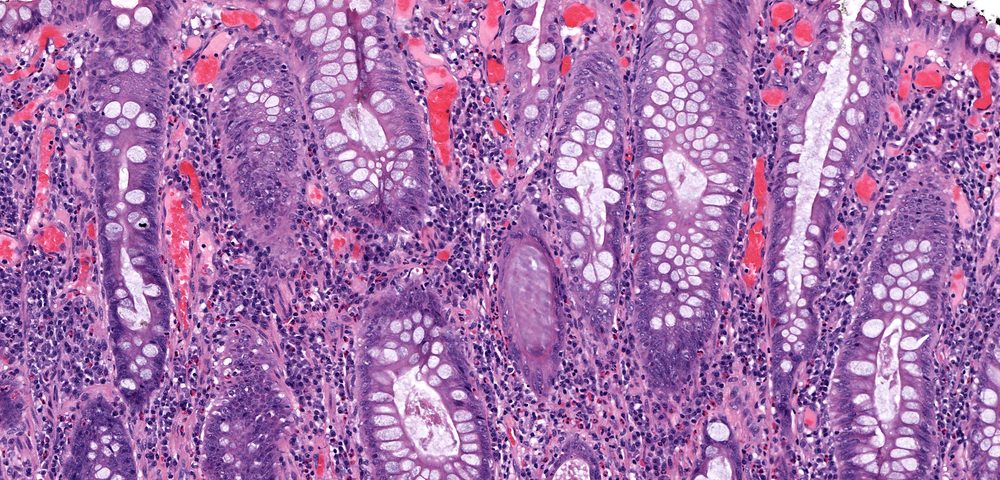Metastatic ovarian cancer patients may benefit more from immunotherapy drugs that boost immune cell response if they are given immediately after chemotherapy, according to the study, “Neoadjuvant chemotherapy Modulates the Immune Microenvironment in Metastases of Tubo-Ovarian High-Grade Serous Carcinoma,” published in Clinical Cancer Research.
High-grade serous ovarian cancer is very difficult to treat, not only because it is often detected in later and advanced stages, but also because patients often relapse despite responding well to chemotherapy, and their cancer becomes resistant to therapy.
Previous studies in mice suggest that chemotherapy has a dual role in eradicating cancer, both inducing cancer cell death and stimulating immune cells to attack and destroy tumor cells. The researchers wanted to understand whether this same dual process occurred in ovarian cancer patients.
Professor Frances Balkwill and his team at Queen Mary University of London analyzed samples from 54 patients with advanced ovarian carcinoma who underwent platinum-based chemotherapy before surgery, and from six patients who did not. Those who received chemotherapy were categorized by their response to it, either good or poor.
The researchers found that chemotherapy given prior to surgery activated a type of T-cell that was able to target and kill cancer cells while decreasing regulatory T-cells that suppress immune responses.
However, a high proportion of immune cells expressed the immune checkpoint molecules PD-1 and CTLA4, and cancer cells showed higher levels of PD-L1 after chemotherapy, which overall prevented immune cells from effectively recognizing and destroying tumors.
Recent studies have shown the efficacy of blocking the PD-1/PD-L1 axis following paclitaxel chemotherapy. For this reason, the researchers believe that immune checkpoint blockade therapies may be a suitable immunotherapy for ovarian cancer patients immediately after chemotherapy.
“Our study suggests that, to give patients the best results, not only do the immunotherapy drugs need to be given straight after chemotherapy but they also have to able to block PD-L1. Clinical trials are now needed to test this theory. This same approach could also be extended to other kinds of cancer where the same types of chemotherapy are used, such as lung cancer,” Professor Balkwill concluded.


